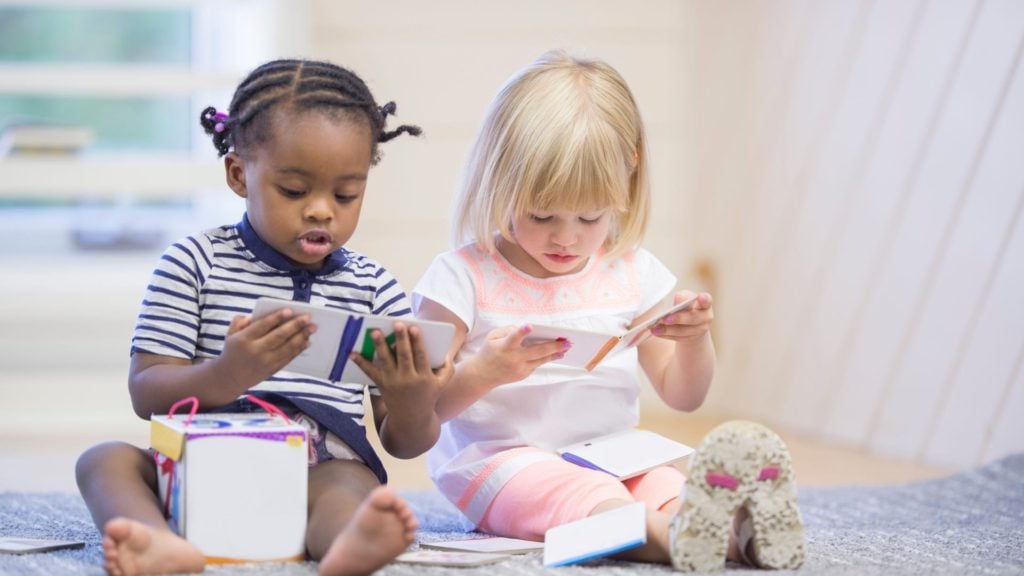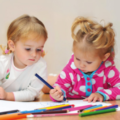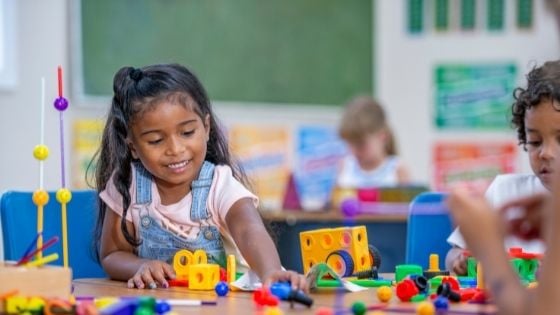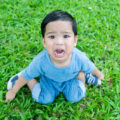Parenting a toddler can be — at times — tumultuous, exhausting, frustrating, even farcical.
And that’s on a good day!
They throw tantrums, they poop their pants, they declare independence when — and only when — you’re running late and don’t have time for them to pick out and put on their own clothes. It’s a wild ride, to say the least.
What does toddler parenting look like when real troubles arise — beyond the morning power struggle over what’s for breakfast? I wanted milk ON THE SIDE of my cereal, Mommy, NOT on top!
Divorce, relocation, loss of a grandparent, loss of a pet. A new sibling, a new school, terminal illness, trouble with friends.
Like their snack-packing, lullaby-singing grown-ups, toddlers live in the real world — rainbows, dinosaur bones, disappointments and all.
The good news is that children — and toddlers in particular — are resilient. They fight change like crazy and then they handle it like champs. They ask heartbreaking questions about Grandma’s health or that fight between Mommy and Daddy, but they accept new truths and make new friends and find reasons to get excited about new neighborhoods.
While generally adaptable, sometimes young children struggle through pain or transition. Sometimes, as with adults, they’re basically doing fine, but need an outlet for the extra emotions brought on by the extra stuff — frustrations beyond a bedtime set before the next episode of Blue’s Clues or sadness that goes deeper than a dropped ice cream cone.
Don’t solve; listen
Shawn Bulgatz, a licensed marriage and family therapist and owner of Twin Cities Play Therapy Center in Eagan, said, “Parents often want to ‘fix’ the problems being presented by our children by saying things like, ‘It’s going to be OK,’ or by offering some solution.”
Bulgatz advises parents instead to listen to what the child is saying and make sure the child knows you understand and respect his or her feelings.
“If a child does not feel understood, they will often act out, and one may see the anxiety or fear or sadness in behaviors. Or a child may try to stuff their feelings inside, which will likely result in heightened anxiety or the feelings coming out sideways as negative behaviors,” Bulgatz said.
The toddler years are an interesting time to cope with big upheavals, changes and tragedies because, while resilient, young children don’t yet have a full vocabulary with which to express their feelings.
What’s more, big emotions and realizations about life and death are new experiences for a toddler, with little or no frame of reference for understanding.
Therapy through play
Play therapy is a way for young children to work through their feelings and issues. While children ages all the way up to adolescence can engage in play therapy, toddlers in particular benefit from this method because play is their natural first language.
Twin Cities Play Therapy Center follows what’s called a nondirective or experiential model: If you give a child the space, the tools and the time, the child will naturally work on what needs to be addressed — without the therapist defining what that is or necessarily trying to confront a topic directly.
A skilled play therapist knows when to sit back and observe and when to engage. The nondirective form of the practice engages as much as the child allows and is comfortable with.
The materials — such as blocks, finger paints, sand, clay and dolls — are intentionally selected and a therapist is there to validate the experience, encourage exploration of certain feelings and provide insight into a child’s behaviors.
The emphasis is on working with emotions, rather than fixing a so-called problem.
Bulgatz said: “Tolerating uncomfortable feelings that come up with big changes — and finding ways to cope, feel and eventually let go — is an important developmental skill to have for life.”
Jen Wittes lives in St. Paul and is a mother of two. She’s helped many Twin Cities families in her work as a postpartum doula.




















